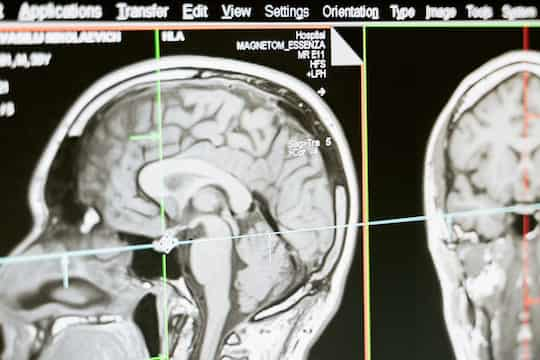Inadequate daily intake of this vitamin-like compound can lead to an enlarged heart, liver damage, weight gain as well as Alzheimer’s disease.
A deficiency in choline is linked to increased Alzheimer’s risk, research finds.
Choline is a vitamin-like essential nutrient produced in the liver, however, the amounts produced are too small for the body’s requirements.
Lecithin (a fatty substance) is the main source of choline found in egg yolk, beef, fish, chicken, wheat germ, soy beans, dairy products, peanuts, and almonds.
Choline is well known for its effect in treating memory disorders such as Alzheimer’s disease and dementia.
According to the US Institute of Medicine the minimum daily intake of choline for men is 550mg and 425mg for women.
Pregnant and breastfeeding women require at least 450mg and 550mg choline per day respectively, due to the crucial role of this nutrient in infant development.
Despite these daily requirements, national dietary surveys have found that less than 10 percent of Americans are meeting the recommendations.
Essential for brain health
Choline is not only essential for brain health but also influences liver function as shortfalls in this nutrient can cause cell damage and irregularities in fat metabolism.
A study has examined how choline deficiency can adversely influence the brain, liver, and heart.
The research team found that dietary choline deficiency in mice led to weight gain, reduced glucose metabolism, enlargement of the heart, neurological alterations, and liver damage.
Choline deficiency also led to elevated levels of tau tangles and beta-amyloid plaques, two key features of Alzheimer’s disease.
Amyloid plaques are clustered proteins between the nerve cells and tau tangles are abnormal accumulations of tau proteins inside neurons.
Dr Ramon Velazquez, the study’s senior author, pointed out that choline deficiency in human contains two aspects:
“it’s a twofold problem.
First, people don’t reach the adequate daily intake of choline established by the Institute of Medicine in 1998.
And secondly, there is vast literature showing that the recommended daily intake amounts are not optimal for brain-related functions.”
The study shows a link between choline deficiency and a group of neurological and physical changes.
Adequate levels of choline, on the other hand, will improve overall health and protect the nervous system.
For example, elevated levels of homocysteine have been found to to be neurotoxic and associated with neurodegenerative diseases but choline can reduce homocysteine levels.
Another example is that acetylcholine a neurotransmitter synthesized from choline which is vital for cognitive functions including learning, memory, and attention.
These findings support other studies concerning the influence of dietary choline on human health.
The evidence may help people, particularly vegans and those on plant-based diets, to eat foods rich in choline.
The authors also explored proteins in the hippocampus, one of the brain areas wracked by Alzheimer’s.
Inadequate choline status appeared to affect hippocampal networks associated with postsynaptic membrane regulation and microtubule function — the two are vital for functions of the brain.
In addition, blood plasma samples revealed that choline deficiency caused alterations in certain proteins produced in the liver which are important for metabolic function.
Dr Velazquez said:
“Our work provides further support that dietary choline should be consumed on a daily basis given the need throughout the body.”
The study was published in the journal Aging Cell (Dave et al., 2023).

